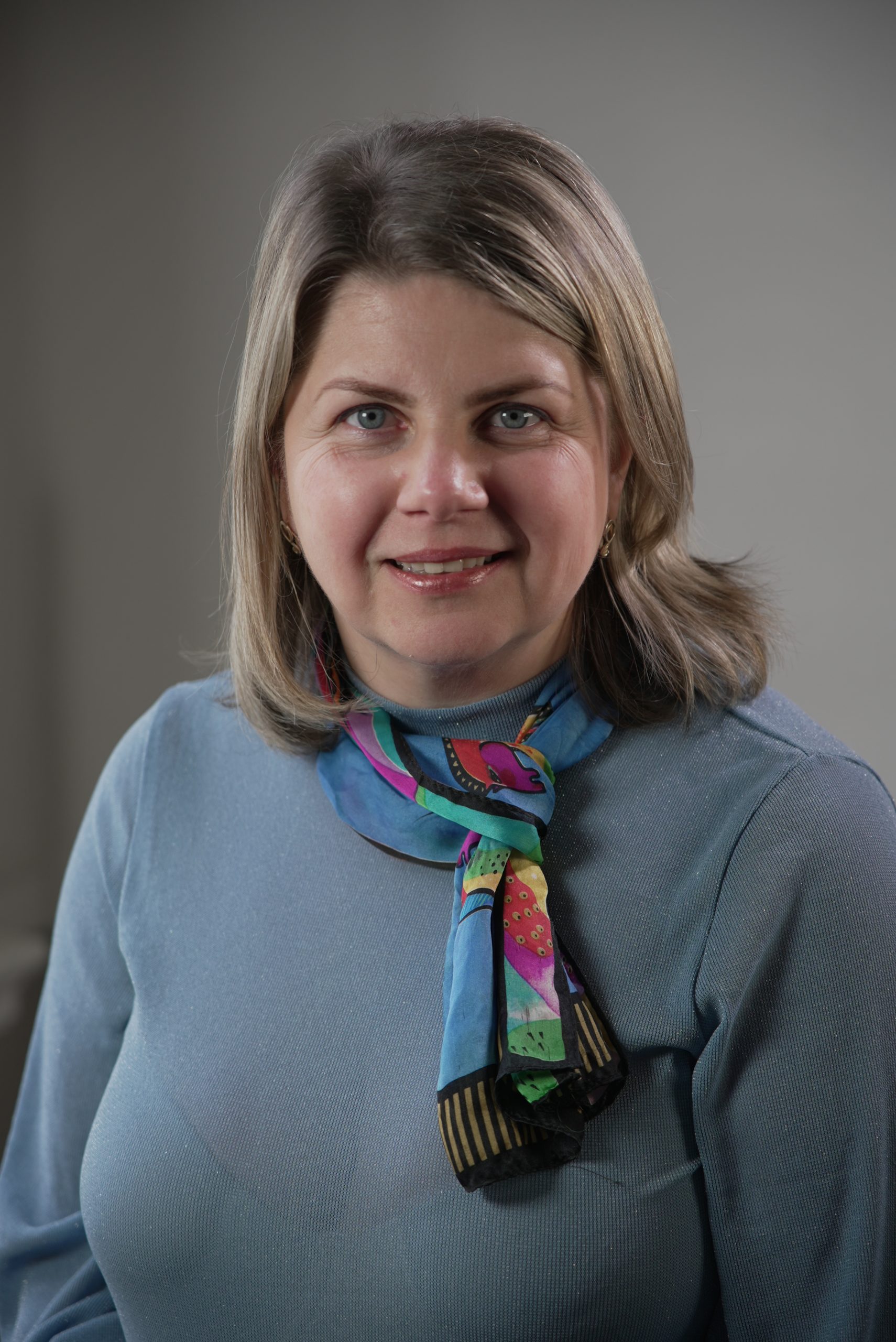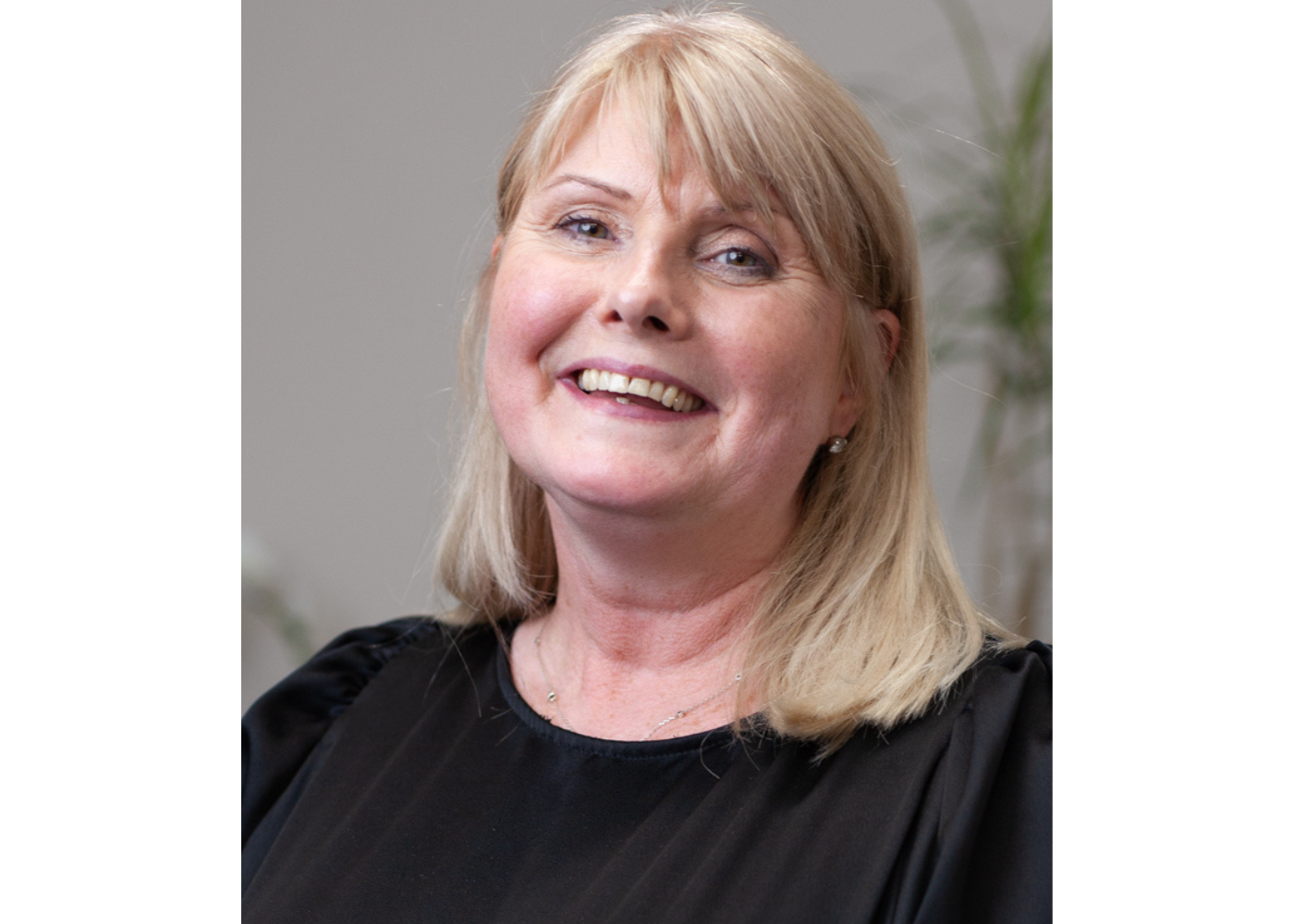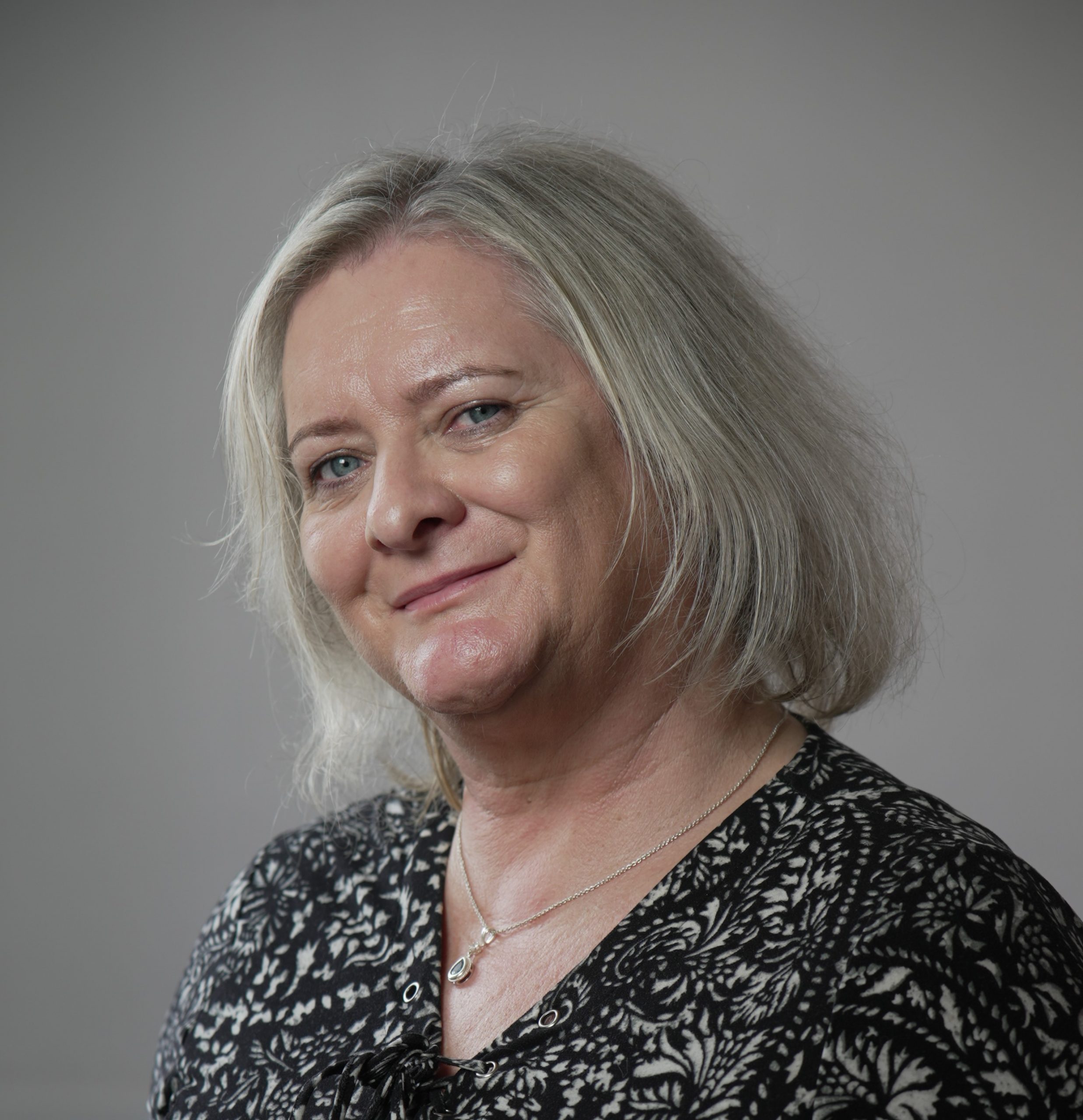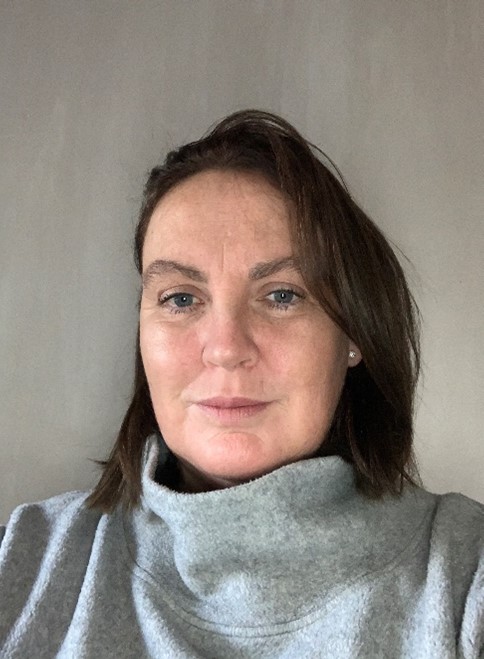Course Details
This is a Level 7 BA (Ord) Early Childhood Care & Education degree. The blended learning option enables students to work full-time and complete this degree. Upon completion of this Level 7 degree, you will be eligible for the graduate premium from DCEDIY for your role in an early years setting.
Portobello Institute is participating in the new Nurturing Skills Learner Fund Scheme 2024 (NSLF). Please see fees section for more information and make an enquiry to speak to our course advisor Sarah Coyne who can help guide you.
Level
UndergraduateQualification
Ordinary Degree| Course | Delivery Mode | Start Date | Duration | |
|---|---|---|---|---|
| BA (Ord) Early Childhood Care & Education |
Blended Learning
|
5th October 2024 | 2 years |
Overview
What will I study during this BA (Ord) Early Childhood Care & Education course?
During this course, you will learn about play, development and learning in children, from birth to twelve years old in a socio-cultural context and the implications of this for practice in early childhood settings.
You will consider a range of local and international perspectives including children’s rights, children’s health and well-being, pedagogical and curriculum approaches, diversity, and inclusion.
You will explore a range of disciplines such as psychology, sociology and social policy, education, and health. Learning the links between theory and practice is key to your development as a professional Early Years Educator.
-
Promoting Holistic Development of Children (0-12 yrs) (30 Credits)
This module emphasises the integrated nature of children’s learning and development and considers application of a range of developmental perspectives to inform understanding. Throughout this module, students will explore the theoretical underpinnings of children’s development across all domains; personal, social, emotional, physical and language development. This module also centres on the importance of understanding children’s temperaments, different learning dispositions and transitions, which are pivotal in providing quality care and education experiences in early years settings.
The module aims to enable students to:
- Enhance their knowledge about the main theoretical perspectives that explain how children learn and develop.
- Recognise integrated nature of children’s learning.
- Reflect on influences and experiences in the setting which can impact on children’s personal, emotional, social, cognitive, linguistic and physical development and consider how these can be connected to theoretical perspectives.
- Develop skills and competencies to design effective strategies to support development and learning.
- Engage in peer learning and further develop team working skills.
The Learning Outcomes are:
- Describe and constructively critique major theoretical perspectives on children’s learning and development.
- Critically evaluate provision and practice and discuss how practitioner’s perspectives and values related to developmental theories impact on children’s learning experiences.
- Explain integrated nature of children’s learning and outline how learning in one area can boost development in other areas.
- Design effective strategies to enhance children’s development and learning, drawing on major theoretical perspectives and taking into account children’s individual needs.
- Develop teamworking, communication and digital skills.
-
Pedagogical Approaches & Curriculum Frameworks
This module explores different pedagogical approaches and their philosophical underpinnings and considers their implications in practice. Relationship between the concepts of curriculum framework, curriculum and syllabus is examined and the principles endorsed in the documents which define the Irish ECEC model are analysed and situated in the international context. Specifically, international perspectives on early childhood education are explored and the importance of indoor and outdoor learning environments is analysed.
The module aims to enable students to:
- Explore their professional roots through the study of works and ideas of early childhood education pioneers.
- Understand how ideas about educating young children developed historically.
- Explore major pedagogical approaches that originated in different countries and understand the need to draw on theory when planning and evaluating practice.
- Use general and specialist teaching techniques in ELC.
- Understand the relationship between the concepts of pedagogy, curriculum framework, curriculum and syllabus.
- Consolidate knowledge of the Irish curriculum and quality frameworks and make comparisons to international ECE models
- Understand how pedagogical principles shape our values and beliefs about children as learners.
- Evaluate practice and make informed decisions about developing practice and provision.
- Identify teachable moments across areas of the curriculum.
-
Becoming an Educator, Academic & Professional Skills (30 Credits)
This module provides orientation for students transitioning from further education to higher education level of study (HE). The student will gain an understanding of academic principles. The module considers differences of academic rigour and expectations at higher education. The student will obtain an understanding of various types of assessment, their format and structure, alongside the importance of referencing and how to use the Harvard referencing style. They will learn to use the library service to search for relevant materials, note-take and manage information.
The module aims to enable students to:
- Understand the complexities of studying at a degree level and acknowledge challenges of combining study with responsibilities of work/work placement and family commitments.
- Become aware of their emotional experiences and challenges as students.
- Develop realistic strategies in terms of time management and target setting.
- Understand conventions of academic study and academic writing.
- Recognise importance of evidence-based practice rooted in research.
- Become familiar with basic research methodology and tools and be able to use these tools to enhance practice.
- Reflect on their professional values and standards and consider the impact of continuous learning and professional development on their professional identity.
The Learning Outcomes are to:
- Reflect on their learning and professional experiences to enhance professional identity.
- Demonstrate ability to evaluate and plan for development of study skills and monitor achievement.
- Demonstrate ability to source and manage appropriate information.
- Show competence in referencing other people’s work in a precise and systematic way.
- Apply knowledge about major principles and concepts of research to design a coherent and ethically appropriate small-scale research project.
- Articulate and critically reflect on the impact of learning on development of their professional values.
-
Reflective Practice & Professional Development (Placement Portfolio)
The module focuses on personal and professional development of students in a work-based context. It will equip learners with tools to construct knowledge about themselves as Early Years professionals. The learners will be actively involved in portraying what they know and can do in relation to meeting and promoting children’s well-being, learning and development as well as working collaboratively with parents, and other professionals.
The module will require students to undertake placement of a minimum 450 hours. Students who are employed in an ELC setting can do the placement at their place of work. The placement can be completed in an ELC setting or in a special education early year setting, or in infant classes of a primary school. Placement can be taken as a block or on a weekly basis to suit the needs of students who are combining work and studies.
The module aims to enable students to:
- Further develop their critical reflection skills.
- Enhance and extend their understanding of effective ECEC practice.
- Evaluate their practice in relation to professional guidance, standards and regulation.
- Apply their knowledge about learning and development theories and approaches to working with children.
- Make critical connections between learning across modules and work context.
- Set professional goals and plan for personal growth and development.
-
Leadership Skills for Inclusive Practice (15 Credits)
This module focuses on evaluation and development of practice through the lens of inclusion and social justice. It emphasises legal rights to equality for practitioners and children within the workplace context of educational and care settings and fosters development of skills to demonstrate, model and lead anti-discriminatory practice. The benefits and challenges of working in diverse environments will be examined. Students will explore national and international legislation and official guidance that nurtures equality and inclusion. Students will learn about the impact of inequalities on children’s life prospects and will be introduced to practical strategies for inclusion within their settings such as learning how to implement a listening culture in the classroom and modelling inclusion and anti-bias approaches.
The module aims to enable students to:
- Extend their knowledge of legislation and professional guidance related to equality and inclusive provision.
- Understand the impact of inequality and exclusion on children’s development, sense of identity and life prospects.
- Evaluate practice and provision through the lens of inclusion and social justice.
- Acknowledge their role as an agent of change and examine their own beliefs, attitudes and values.
- Plan for improvements to enhance inclusive practice and provision in their setting.
The Learning Outcomes are:
- Outline legislation and professional guidance related to equality and inclusive provision.
- Justify importance of inclusion for children’s development and life prospects.
- Critically reflect on their own role as an agent of change to promote the culture of inclusion.
- Examine, evaluate their own practice and workplace environment, and develop strategies to promote inclusion.
-
Leading & Managing Services for Children (30 Credits)
The quality of leadership is directly corelated with the quality of provision. The module explores the complexities of leading and managing a setting within the system consisting of different layers: children, parents and practitioners, professionals from external agencies and legislators. The module provides an overview of a range of theories and perspectives on leadership and explores distinctive features of leadership within the sector. Students are encouraged to evaluate their own role in leading and developing effective practice and reflect on their own leadership style. Their practical capacity to lead and manage organisations providing services for children and families will be fostered through in-depth study of the legislative and regulatory requirements in Ireland, both sector specific and those of general application.
The module aims to enable students to:
- Appreciate the importance of good leadership and management for provision of quality services for children and families across all aspects of practice.
- Develop professional knowledge for increased responsibility and accountability to all stakeholders.
- Develop an in-depth knowledge of legislative and regulatory requirements in Ireland, both sector specific and those of general application and be able to comply with relevant reporting and inspection regimes.
- Study the network of organisations involved in monitoring and supporting quality of services in Ireland and work effectively with their representatives.
- Explore alternative tools for assessment of quality for self-evaluation and improvement of practice and provision.
- Examine theories of leadership and management and reflect on their own leadership style.
- Explore underpinning theory and practical knowledge for supporting individual staff members and teams.
The Learning Outcomes are:
- Demonstrate detailed knowledge of relevant reporting and inspection regimes.
- Outline strategies which can be used to evaluate provision and practice.
- Critically evaluate their own role in leading and developing effective practice in partnership with stakeholders.
- Demonstrate ability to make realistic and achievable improvement plans in consultation with the stakeholders.
- Describe and analyse theories of management and leadership and their application when supporting teams and promoting high quality provision.
-
Childhood in Society
This module considers the historical, cultural, philosophical, and theoretical perspectives on childhood and their influence. Childhood as a socially constructed phenomenon will be studied. The student will gain a knowledge of sociological concepts and sociological thinking and question how this shapes early years policy and practice. The representation of children and childhood in literature, media, policy, and professional guidance documents will be examined. Contemporary debates in relation to children, such as age and inequality; child work and child labour; education; consumerism; the media; digital technologies and social media will be deliberated, and the global, political, economic, and cultural context of these issues considered. Global inequality in relation to childhood across majority and minority worlds will be reflected upon.
The module aims to enable students to:
- Explore contemporary debates in relation to childhood in global, cultural, historical and economic context.
- Examine social constructions of infancy and childhood and the implications of these for early years policy and practice.
- Critically evaluate how children and childhood are represented.
- Develop digital skills and learn how to create digital content.
-
Evaluating Policy & Practice: Themes & Debates
The module focuses on contemporary issues which are reflected in development of national and international policy and explores the impact of these issues on practice in settings providing services for children. It explores rationales for provision of early childhood education and care services with a focus on the rights-based approach to education which underpins universal access to early childhood carte and education services to children and families in Ireland. Some contested concepts are investigated such as quality of provision in relation to stakeholder perspectives, relationship between education and care in the early years, professional status of the Education and Care sector workforce, the influence of practice frameworks such as Aistear and Siolta (or their international counterparts) on quality of provision, the landscape and cohesion between organisations involved in provision of services for children and families
The module aims to enable students to:
- Develop critical awareness of the themes, debates and factors which shape the national and international political and social landscape for policy development.
- Understand how policy impacts practice in early learning and care settings and settings providing services for school-age children.
- Explore their professional identity and reflect on the impact of their professional knowledge, values and competencies on provision and practice in their setting.
- Develop an awareness of the complexity of the concept of quality with regard to evaluation of practice and provision.
- Identify key trends for future development of the sector. Consolidate knowledge of the Irish curriculum and quality frameworks and make comparisons to international ECE models
-
Professional Development in the Community of Practice
The module encourages further extension of professional competence by focusing on interactions between adults and emphasising importance of sharing knowledge and empowering others within the sector to promote quality of provision for children and families. The module considers aspects of mentoring relationships in context of education and care settings and further promotes skills of reflection and self-evaluation, in particular in relation to their ability to receive feedback in a constructive manner and use it to understand underpinnings of their actions and decisions and make plans for personal and professional growth.
The students develop awareness about their personal responsibility to share knowledge and make contributions to the research base of the sector through disseminating results of their project dissertations.
The module aims to enable students to:
- Understand the concept of mentorship in educational and care settings.
- Use the opportunities to draw on their knowledge, skills and competence in context of reflective thinking and practice in order to support their colleagues.
- Promote good practice and shared values.
- Develop practical skills of structuring and presenting content in order share to knowledge.
- Evaluate their effectiveness by reflecting on feedback and making judgements about their choices and decisions.
Who will I learn from?
Programme Manager
Personal Academic Tutor
Each student is assigned a personal academic tutor to support you throughout your learning journey. They are available to offer you telephone and email support at any time. You can arrange to meet them for further one to one guidance at a time convenient to you.
Many of our past graduates have found it is the opportunity to ask a simple question, seek direction and submit a draft of their assessment that supported them most to successful completion. Emailing your tutor at any stage during your programme to ask a query or submit a draft of your assessment supports you to achieve your personal best throughout your studies with Portobello.
This level of one to one support is a particular benefit to choosing Portobello as your Institute of choice to complete your studies.
How will I learn?
Delivery Mode
Blended learning is suited to you if you are working full-time with limited spare time yet you want to achieve your degree qualification. During the induction workshop, you will be given your log-in details to the online portal, “ePortobello”. Here you will find course notes, reading lists, podcasts, articles of interest and guidelines. The content is structured in an easy to “find and follow” format. You will need basic computer skills such as searching the internet and typing a Word document.
You will be assigned a tutor who will supervise your research and support you on a one-to-one basis through to completion of your dissertation. You can email queries, submit drafts and call your tutor for general guidance at any stage of this programme. Blended learning allows you to study in your own time and at your own pace with support available throughout your learning journey.
Course Structure
This programme is structured for delivery over 2 academic years. There are 2 Saturday workshop, and four evening webinars per term as well as some sessions with your placement tutor.
The Saturday workshops are held online from 10am to 1 pm with breaks throughout. The evening webinars are 1-1½ long and are scheduled between 7 and 9 pm to accommodate students who work full-time. All sessions are recorded so you may review the session at a later stage should you be unable to log-in at the scheduled time.
Students take four modules in Year 1 and 5 modules in Year 2, including one placement-based module each year. The three-semester structure will ensure you can focus on one module per term while also working on your professional practice portfolio.
The course will open with a module which will help you to develop the skills which you will need to achieve success at a degree level, such as sourcing credible information, academic writing, referencing, computer skills, basic research methods, time management and planning, emotional aspects of studying and at higher education level and student well-being. Completing the module will build a solid base for your further professional and academic development throughout the programme.
Webinars & Tutor Support
The webinars are held at the start of each module and mid-way through each module, designed to guide and support you throughout the module. These webinars lay out the module for you and the content you will cover. The assessment and expectations for successful completion are covered in detail as is where and how to access the information on ePortobello. You will be encouraged to connect with fellow students and can create your study network for the duration of your learning journey.
You can email your tutor at any stage during the module to ask a simple query and there will be scheduled opportunities to submit a draft of your assignment. Our programme management team are always available to offer you telephone and email support and if you need to, you can arrange to meet them for further one to one guidance. For more information about our team, click here. Many of our past graduates have found it is the opportunity to ask a simple question, seek direction and submit a draft of their assessment that supported them most to successful completion. This level of one-to-one support is unique to blended learning and is a particular benefit to choosing this mode of study. Portobello Institute has invested in a team of programme managers and tutors who are experienced early years practitioners as well as qualified and knowledgeable educators. They are available to assist you at every stage of this programme.
Online Learning Portal – ePortobello
During the induction seminar, we will show you how to navigate and find what you need with all of the information you need to complete this programme uploaded on to ePortobello. The content of this programme is set out in an easy to follow format with a combination of notes, articles, podcasts and other materials that will help you to understand the subject and complete your assessment.
OCTOBER 2024 COURSE SCHEDULE
Academic Year 1
The first year of this course runs from 05/10/24 – 24/05/25
Academic Year 2
A similar schedule operates for the second year of this programme.
There are breaks for Christmas and Easter during the academic calendar.
The above dates are offered as a guide and are subject to change.
Assignment submission dates can occur after the published finish date of an academic year.
Attendance at Webinars
Attendance at webinars is not mandatory however is recommended for an optimal learning experience and achievement.
One to one tutor support is available to you throughout this programme.
How will I be assessed?
SMART assessments – we use a range of assessments for each module designed to support a broad range of learning styles, giving you the opportunity to excel.
Assessments for this degree are not exam based. Instead, the assessments vary from essays which will demonstrate your knowledge of theory to practice-focused assignments such as child studies and observations, audits, development plans, presentations showcasing your practical skills.
We will encourage you to explore and support you to complete several innovative assessment formats such as presentations, posters, portfolios, podcasts, blogs, which further support development of your creative and digital skills and will give you confidence to share your knowledge with colleagues, parents, and other professionals.
Group assignments will add another dimension to your learning experience – this will help alleviate feelings of isolation associated with studying online and and will provide you with benefits of peer learning.
All these methods are seeking to support you to combine theory with scenario-based learning and encourage implementation into your everyday practice.
Career prospects
- Own or Manage a Setting – With a degree in early childcare studies, you can open, own, operate, manage, and work within any early years setting in Ireland. You can undertake the role of; Room Leader, Facility Manager or Owner/Manager.
- Become a Special Needs Teacher – Having completed the degree in early childhood studies you could work in funded special needs early years facilities and become registered with the Teaching Council of Ireland.
- Become a Primary School Teacher – If you have your degree and honours Irish you can apply for professional masters in primary school education which will allow you to work as a primary school teacher.
- Become a Childcare Tutor in Further Education – For those interested in tutoring, they need to combine their degree with a level 6 teaching qualification to become a tutor on Level 5 and 6 early years and special needs programmes.
- Work for a Government Agency – You can work for government agencies or early years support bodies such as County Childcare Committees etc. Roles with these organisations can vary from management and administration of services to monitoring of childcare and education settings. For instance, when Tusla advertise for an Early Years Inspector role, you must have a Level 8 degree and 5 years of work experience in a childcare setting. This is an exciting role where you will use your knowledge and experience to improve the service offered in various childcare settings. It involves inspecting facilities, investigating issues, advising providers and writing reports. Constant liaison with other agencies and assisting in the development of childcare policy are also part of the role. Obviously, for this role, the experience gained in a childcare setting is essential, however, the knowledge of best practices in childcare provision and management derived from the degree is crucial to effectively undertake this role.
- Engage in Postgraduate Study and Research – Many students who have completed the degree programme long to learn more and undertake postgraduate education to masters and doctorate level to pursue their research interests.
Why should I continue to Level 8?
College Director and Head of our Early Years Department, Denise Flood, explains the value of the BA (Hons) Early Childhood Studies Level 8 degree.
“You have completed the hard work at Level 7 – this is one more module to achieve your Level 8 honours degree. It is a research project carrying 60 credits and we will match the tutor with the most expertise in the area they have chosen, to them”
“The research project is directly related to your setting – for example, if you want to change the garden of your setting, you can use this as the topic of your research project. We will help you break this down into achievable snippets such as consulting key stakeholders, what questions do you need to ask to find out what they think the theme of the space should look like – the stakeholders would include staff, children, parents, other service users. Document the process, record the outcomes, reach a conclusion and this is your research project completed!
“An honours degree opens up so many opportunities for employment and further study to Masters level – why would you not complete the project and achieve your Level 8 honours degree?”
“Much of the evidence signposts research as a vital aspect of ensuring quality service provision in an early years setting – you will learn how to conduct research, draw conclusions and record these during this programme,” she said.
Related Courses
Speak to an expert
Choosing a course that will lead you to your career of choice is a significant decision. Understanding the delivery modes, supports available, career opportunities and further study options are all key considerations when making your choice. Our course adviser team are experts in the courses Portobello offers, the employment prospects and the opportunities for progession to masters programmes for each of our courses – they will guide you through the detail and support you with any queries you may have.
It is important you make the right choice for you and choose the Institute and course that will best suit your needs.
Your Consultant

Sarah Coyne
Education is a journey and the destination is a career that you love. I support the department that helps you to plan your journey so you can find the path that’s right for you. As I am often the first point of contact for many prospective students, I am excited to introduce students to the Portobello Institute experience. I enjoy learning about students’ ideas, goals, and passions, and this job allows me to do so.
How do I apply?
Entry to this course is by direct application to the college.
You will be required to hold a QQI Level 6 major award in ECCE or have achieved an equivalent qualification. The ECCE level 6 award is available to study by blended or part-time study at Portobello Institute.
Recognition of Prior Learning (RPL)
Portobello Institute has mapped the learning outcomes of the awards listed below thereby gaining recognition of prior learning (RPL) with the University of Essex for students holding the following qualifications:
• QQI Level 6 Early Years Care & Education
• QQI Level 6 Advanced Supervision in Childcare
Eligible for Funding with Nurturing Skills Learner Fund (NSLF)
If you are currently employed in an Early Learning and Care (ELC) or School Aged Childcare (SAC) service under contract for DCEDIY’s Core Funding program, you are most likely eligible for up to 80% funding of this programme through the NSLF. You will be issued with a letter directly from the NSLF confirming your eligibility when it opens for applications in May ’24. You can register your interest for this programme here
There are a limited number of funded places available on this pilot programme and early application is advised.
Application Process
Step 1
Complete the online application form.
Step 2
Applicant’s application will be reviewed by the Portobello enrolment team.
Step 3
Applicant’s application will be reviewed by the Portobello enrolment team to confirm place on the course or look for more information.
Please note places on this course are only confirmed once tuition fees have been received.
Students will be registered as an undergraduate degree student with University of Essex
Fees & Payment Options
Fees for the Nurturing Skills Learner Fund Scheme are calculated as follows:
- Cost per academic year: €3,600
- Nurture Fund Grant at 80% of fee: €2,880
- Cost to student per academic year: €720
Find out more here about the grant.
If you are not currently working in the early years sector or are resident outside Ireland, you will not be eligible for the NSLF grant. Fees applicable per academic year are payable as outlined below.
Fees
Course Price
Year 1 base fee
Overall Course Price
Total amount due
Easy Payment Plan
Payment Option 1
30% deposit payment (€1,198.50), followed by 10 scheduled payments on the first of each month, commencing the 1st of the month after the start date of the course. Includes one off instalment fee of €395.
- €279.65 due in month 1
- €279.65 due in month 2
- €279.65 due in month 3
- €279.65 due in month 4
- €279.65 due in month 5
- €279.65 due in month 6
- €279.65 due in month 7
- €279.65 due in month 8
- €279.65 due in month 9
- €279.65 due in month 10
Available Courses
| Course | Delivery Mode | Start Date | Duration | Fees Per Year | |
|---|---|---|---|---|---|
| BA (Ord) Early Childhood Care & Education |
Blended Learning
|
5th October 2024 | 2 years | €3,600.00 |
Apply
Hooray! One small step for you, one giant leap for your future! Enter your email and you will be redirected to our application platform, where you can complete your application in your own time. Here's what to expect:
- Enter your email, name and mobile phone number
- You'll be redirected to our Application platform
- Start your application
- Choose your preferred payment option
(No payment required at this stage) - Submit your application
- One of our course advisors will review and be in touch
Apply
Hooray! One small step for you, one giant leap for your future! Enter your email and you will be redirected to our application platform, where you can complete your application in your own time. Here's what to expect:
- Enter your email, name and mobile phone number
- You'll be redirected to our Application platform
- Start your application
- Choose your preferred payment option
(No payment required at this stage) - Submit your application
- One of our course advisors will review and be in touch
Apply
Hooray! One small step for you, one giant leap for your future! Enter your email and you will be redirected to our application platform, where you can complete your application in your own time. Here's what to expect:
- Enter your email, name and mobile phone number
- You'll be redirected to our Application platform
- Start your application
- Choose your preferred payment option
(No payment required at this stage) - Submit your application
- One of our course advisors will review and be in touch










